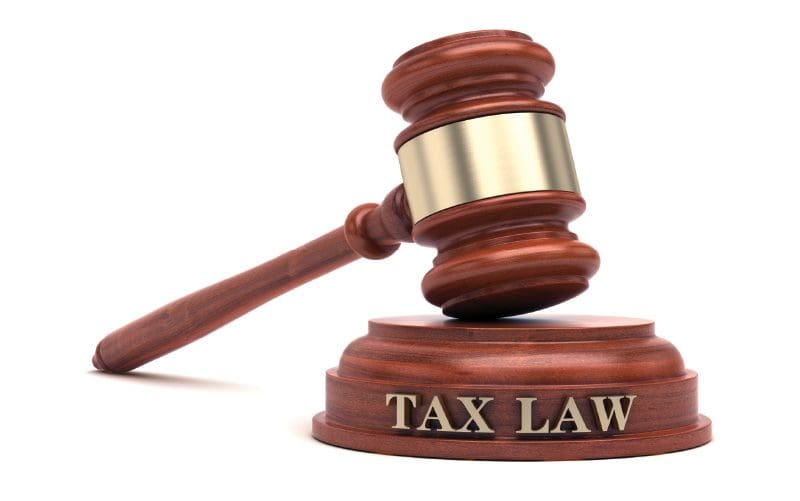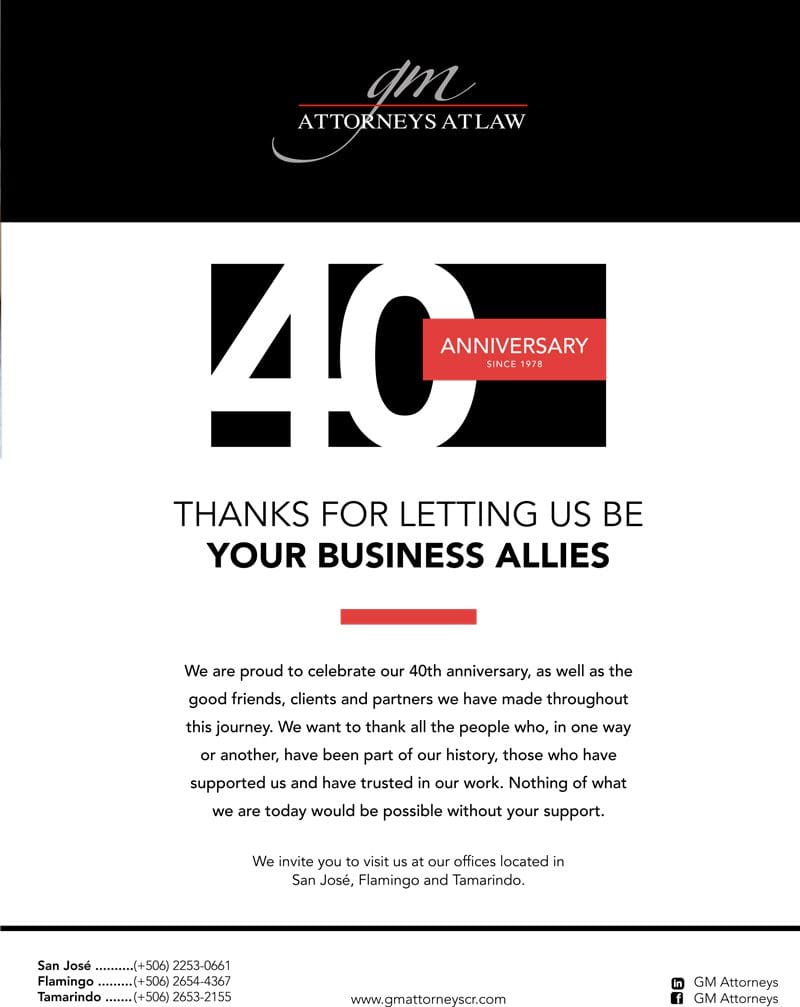
Legal Ease: Costa Rican Tax Reform FAQs
Legal Ease: Tax Reform FAQs. On July 1, 2019, major Costa Rican tax reforms went into effect nationwide. Lack of adequate government information beforehand has led to quite a bit of misinformation being circulated on social media and elsewhere. Many expats and locals alike are left confused and with questions. Here are some of the most frequently asked questions and our answers.
1. Under the new laws, does having — or forming — a corporation still protect a business owner or property owner from lawsuits/liability?
Yes.
The tax reforms do not affect the protections provided by forming a Costa Rican corporation. Corporations still offer the advantages of liability protection, flexibility, and greater ease in handling estate/probate matters. Our most recent LegalEase article, in the July/August 2019 issue, elaborates.
The tax reforms do not affect the protections
provided by forming
a Costa Rican corporation.
2. What are the dates of the new Fiscal Year (FY) 2020?
The next FY will be extraordinary, running from October 1, 2019 to December 31, 2020. Beginning in 2021, the annual FY will begin on January 1 and end on December 31.
3. Do I need to file a monthly tax form
(for $0) if my corporation is inactive?
If the corporation is “inactive” — meaning no income or no activity that generates income, and not registered as taxpayer — there is no need for monthly tax filing. However, law 9635 does require that a new tax form be submitted to disclose the assets and/or patrimony of the corporation. This must be done yearly. We are still waiting on final information about this from the Tax Office.
4. How are the extra three months in FY 2019 being handled for payment of annual taxes? Will the three months be paid separately or will the annual tax filing be for the full 15 months?
Taxpayers must submit their 2019 filings as usual, with the current FY ending September 30, 2019.
NOTE: October, November and December 2019 will be a part of FY 2020 and considered a special term.
5. Are there any new taxes related to education costs or fees?
Yes.
Any school costs (public or private), as long as the school has been approved by MEP or CONENSUP, will be tax exempt. If the school is not approved by those government agencies, there will be a 13 percent tax applied.
After-school activities are now taxed at 2 percent or 13 percent, depending on the activity. This applies to public and private schools. It includes sports activities. This applies to anything that you are paying directly to the school, as these activities are considered services.
6. What taxes are new regarding healthcare?
There is a new 4 percent tax on private healthcare fees specific to doctors, hospitals and clinics approved by the Ministry of Health. Also, depending on your method of payment (cash or credit card), that tax is handled in a different way.
If you pay for your doctor’s visit with a credit card, that 4 percent tax will be charged to you and subsequently reimbursed to you. If you pay with cash, the 4 percent tax will not be reimbursed to you. Any aesthetic procedures will be taxed at 13 percent.
These are just some of the most frequently asked questions regarding tax reforms in Costa Rica. Several other questions have been raised that we are unable to cover in this magazine article. For answers and more details, visit howlermag.com/legalease.
HOA Meetings
Tax Time, Corporations and Property Owners
Corporate Tax Update
Power of Attorney in Costa Rica
Annual Tax Over Costa Rica Corporations
Due Diligence, Purchasing a Vehicle in Costa Rica
Costa Rica Income and Sales Tax
Estate Planning
Purchasing a Condominium in Costa Rica
Buying a Business in Costa Rica
Applying for Cost Rica Residency
Corporate Alert
Set Up a Corporation in Costa Rica

